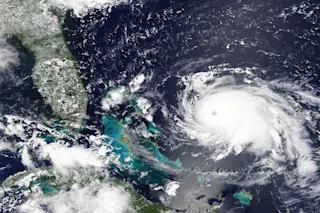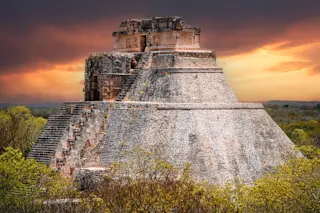We seem to now live in an age where people are comfortable ignoring experts, especially those in the sciences.
You may have noticed that Hurricane Dorian didn’t hit Alabama. Depending on the circles in which you run, you might think it was a “close call” or a completely mistaken statement that Alabama was ever in any real danger from the hurricane. However, what is clear is that when experts in meteorology — the National Weather Service — made it clear that Alabama was not in peril, they were rebuked by a presidential administration who clearly holds scientific expertise in contempt.
This country, and some would argue the world, has started to drift away from trusting expertise. What do I mean by that? I mean people who have been trained and vetted in their knowledge and interpretation of information. A medical doctor is an expert on parts of the human body. ...














